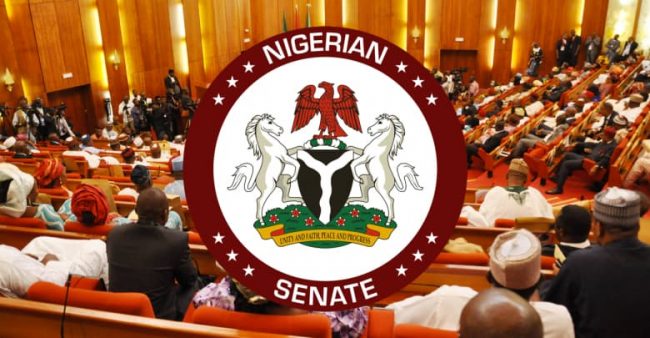In a recent report, it has been projected that the Central Bank of Nigeria (CBN) is contemplating urging commercial banks holding international banking licenses to increase their capital base to over N900 billion. This move comes in line with the CBN’s efforts to support the Federal Government’s ambitious vision of growing the economy to $1 trillion.
The report, titled “Nigerian banks: On the cusp of a new dawn,” was produced by CardinalStone Securities, a non-bank securities trading firm. According to the report, Nigerian banks may be mandated to enhance their capital, with anticipated increases ranging from N181.85 billion for regional banking licenses to N909.27 billion for international banking licenses.
CBN Governor Olayemi Cardoso had previously indicated that the apex bank would call on lenders to raise additional capital to support the government’s economic growth vision.
The projections are based on the possibility of the CBN returning to the dollar ratios of capital bases-to-GDP set in 2005, which ranged from 0.04% for regional banks to 0.22% for commercial banks. The report highlighted that achieving the goal of a $1 trillion economy in seven years might necessitate even higher capital base requirements.
The report noted a significant decline from the 2005 recapitalization exercise, with the requirements dropping from a range of 0.04% to 0.22% of GDP in dollar terms to a range of 0.00% to 0.01% of GDP in dollar terms as of 2024.
The report stated, “Banks may be expected to boost the capital base to between N181.85 billion (for regional banks) and N909.27 billion (for international banks), given the 2024 real GDP of $472.6 billion and an exchange rate of N841.61/$ as at December 20, 2023.”
It added, “Tier-1 international banks like Zenith Bank and UBA are likely to surpass the implied thresholds. We will continue to monitor developments in this space to see what the apex bank eventually settles for as well as the structure of the directives and timelines.”
The potential adjustment in capital requirements raises questions about how banks will respond and adapt to meet the proposed targets set by the CBN in the coming months.












